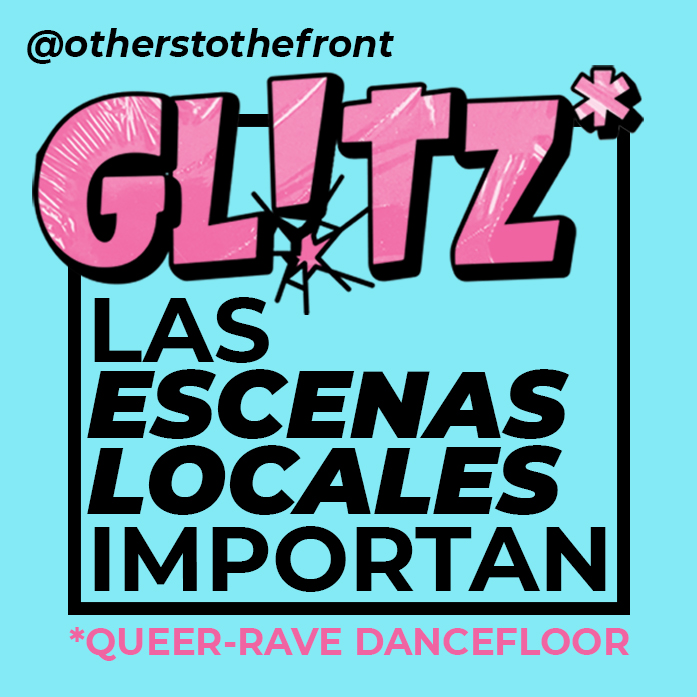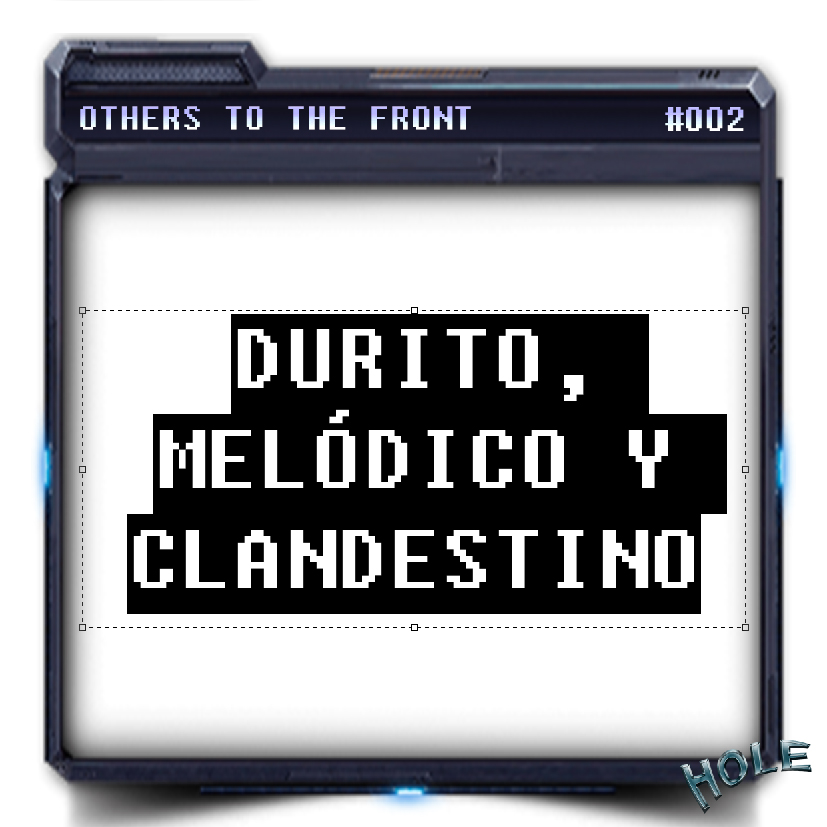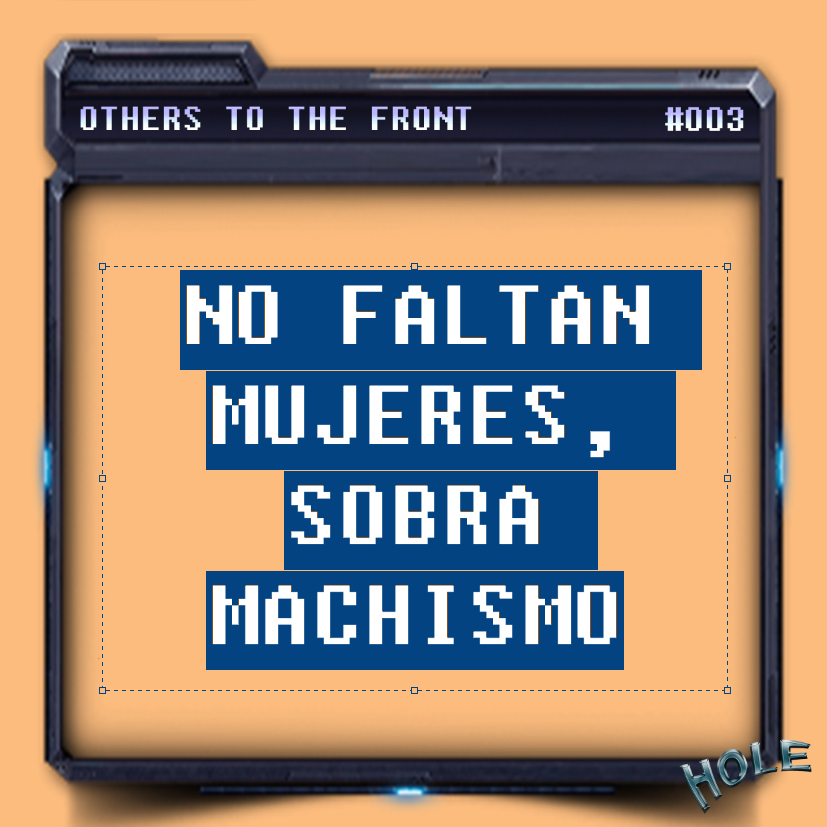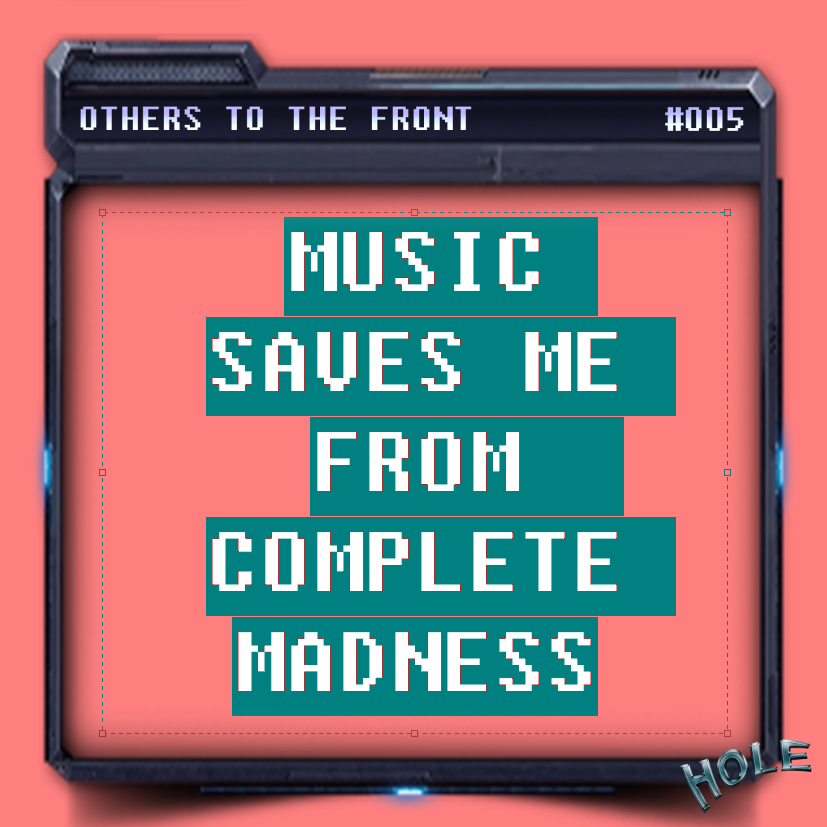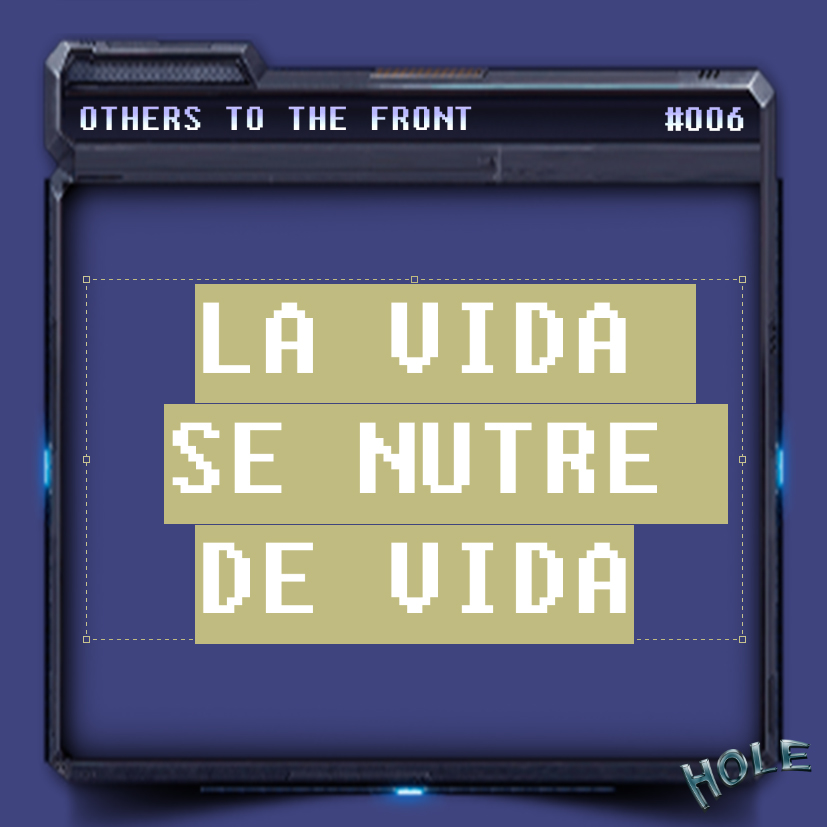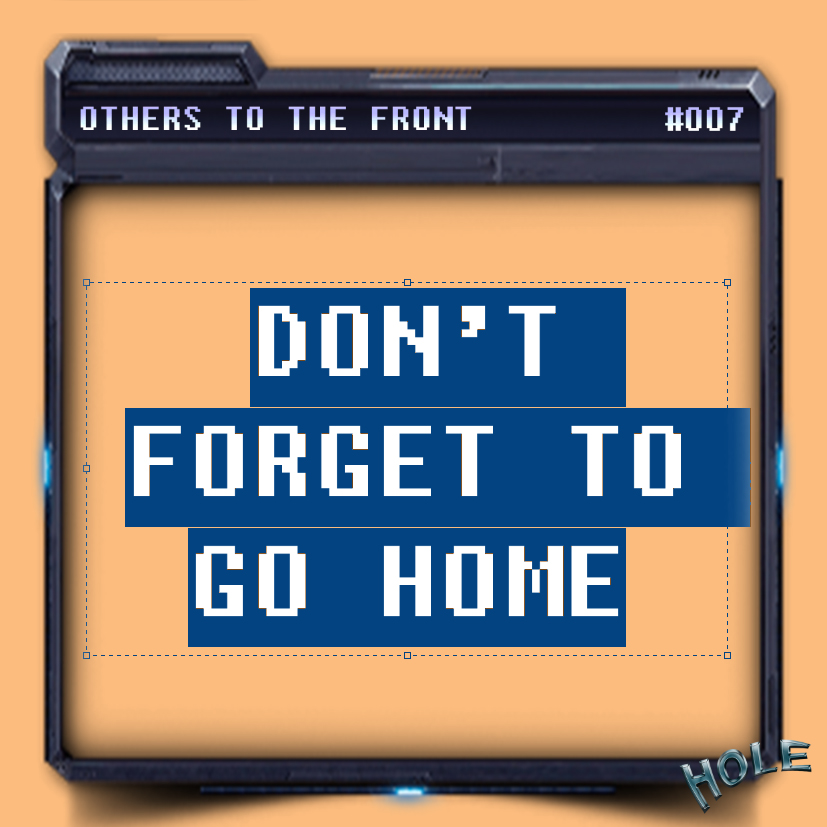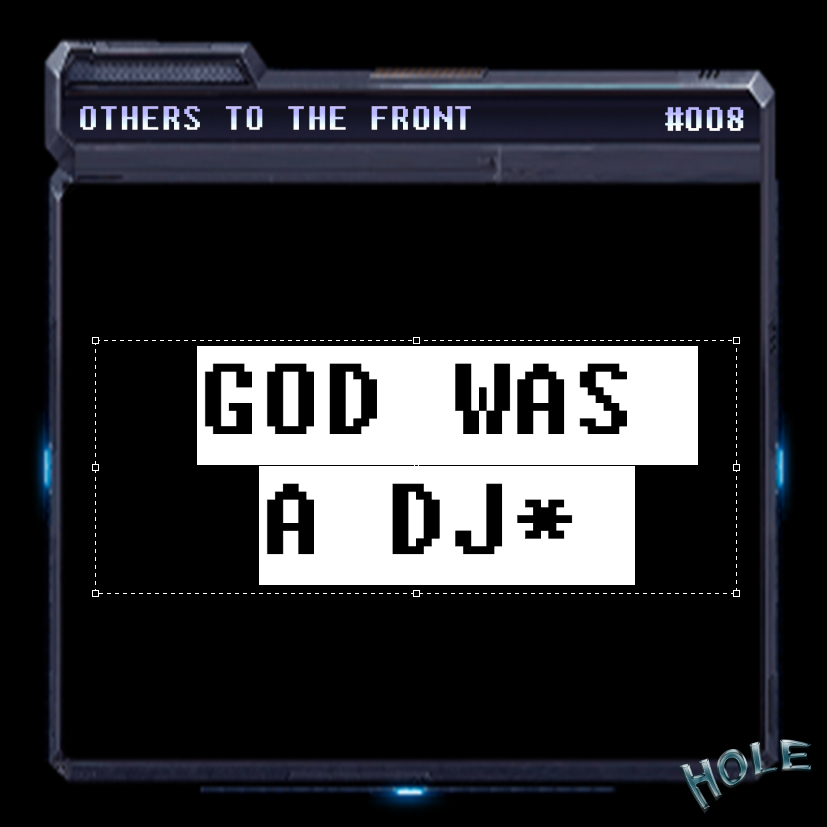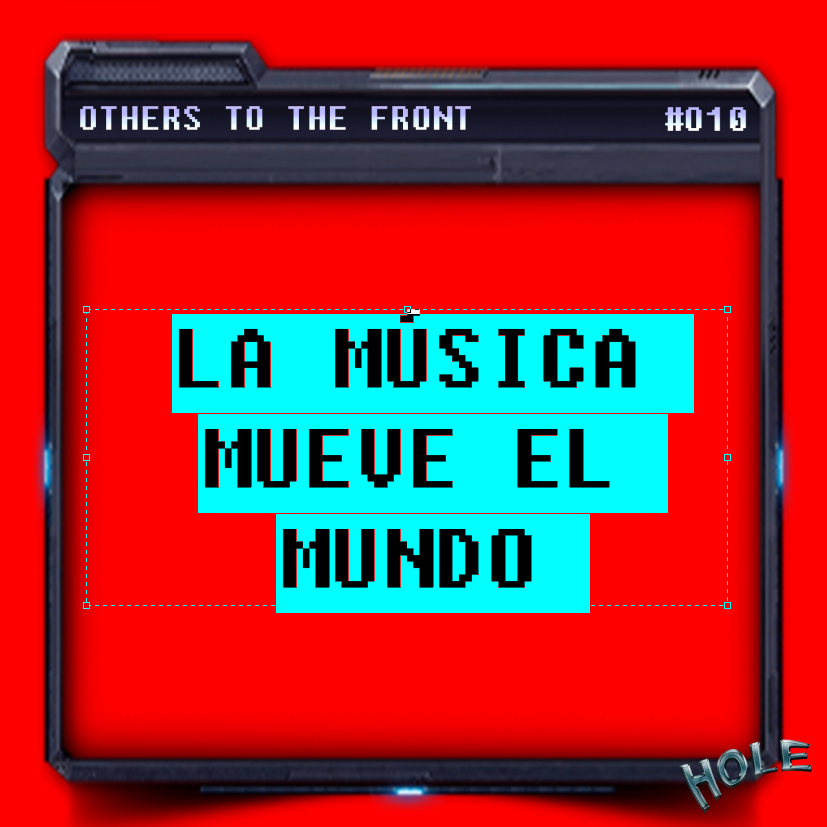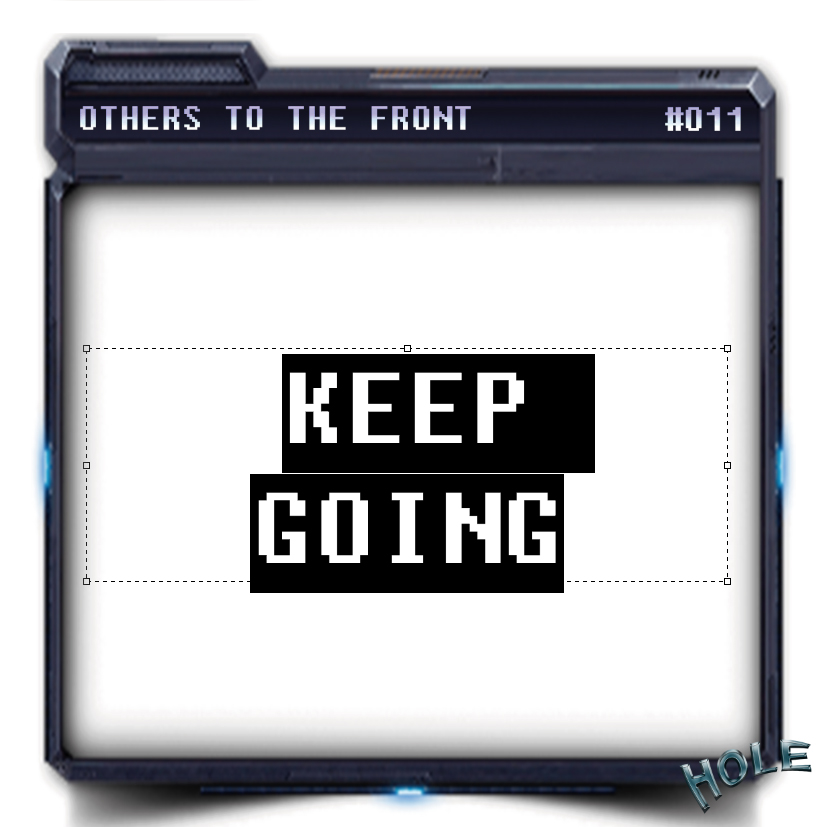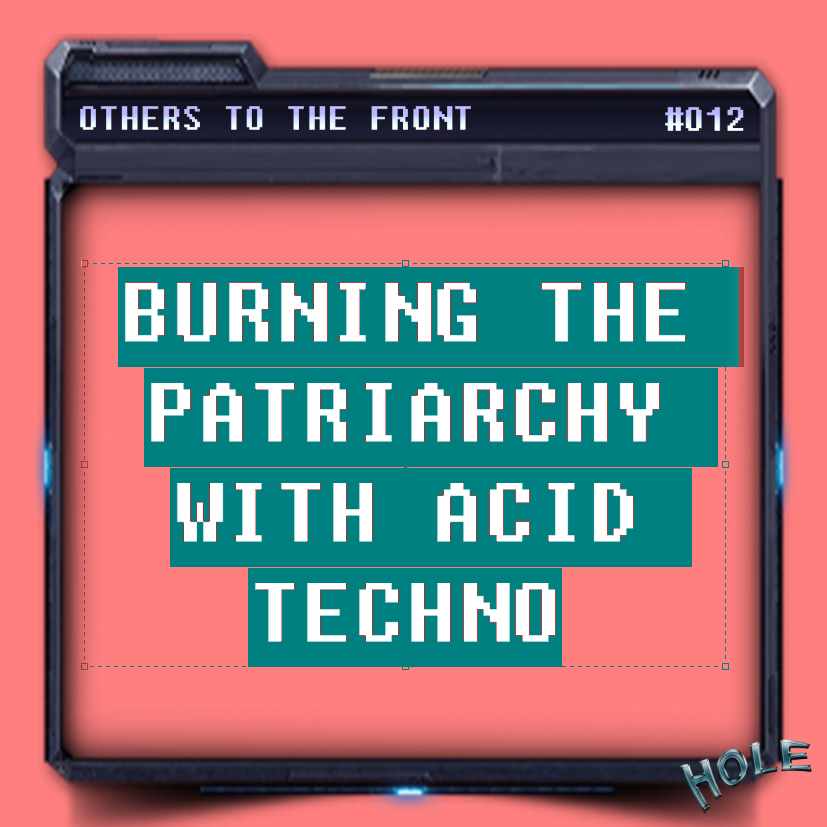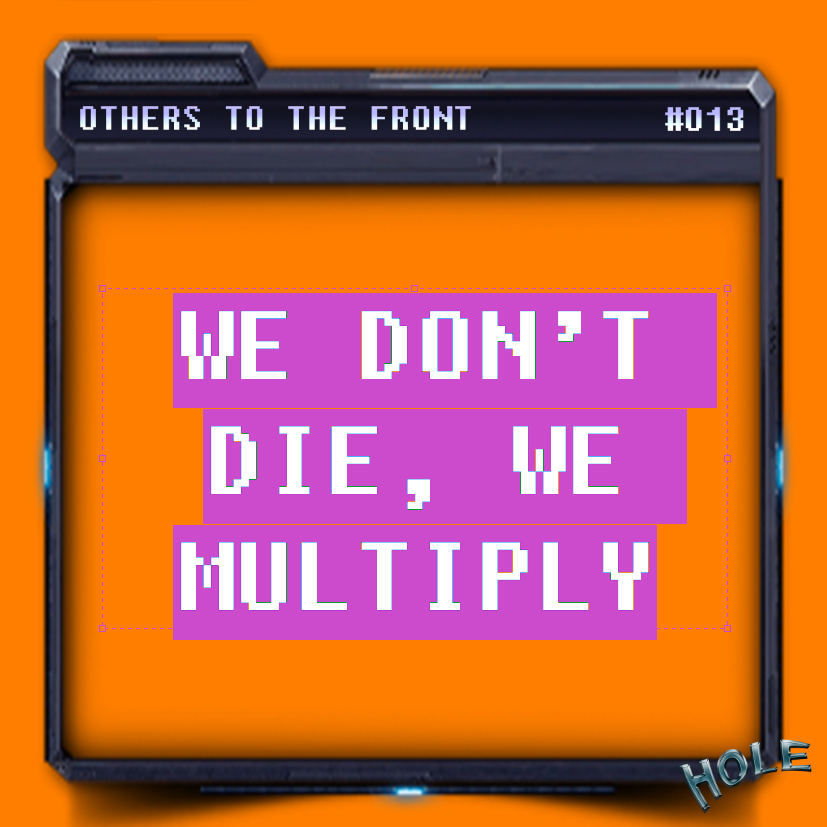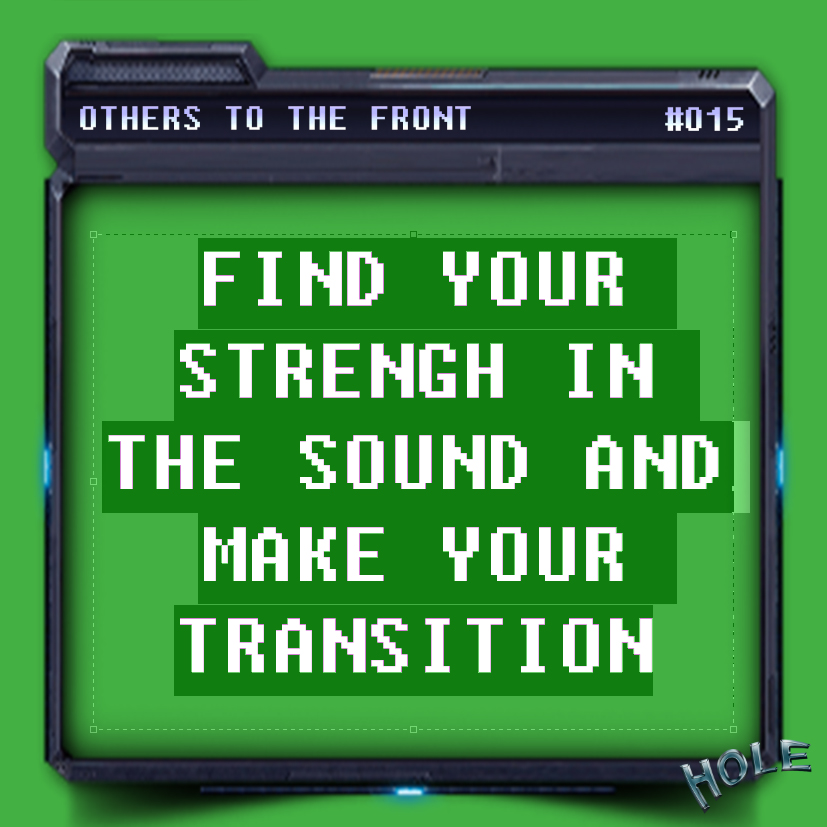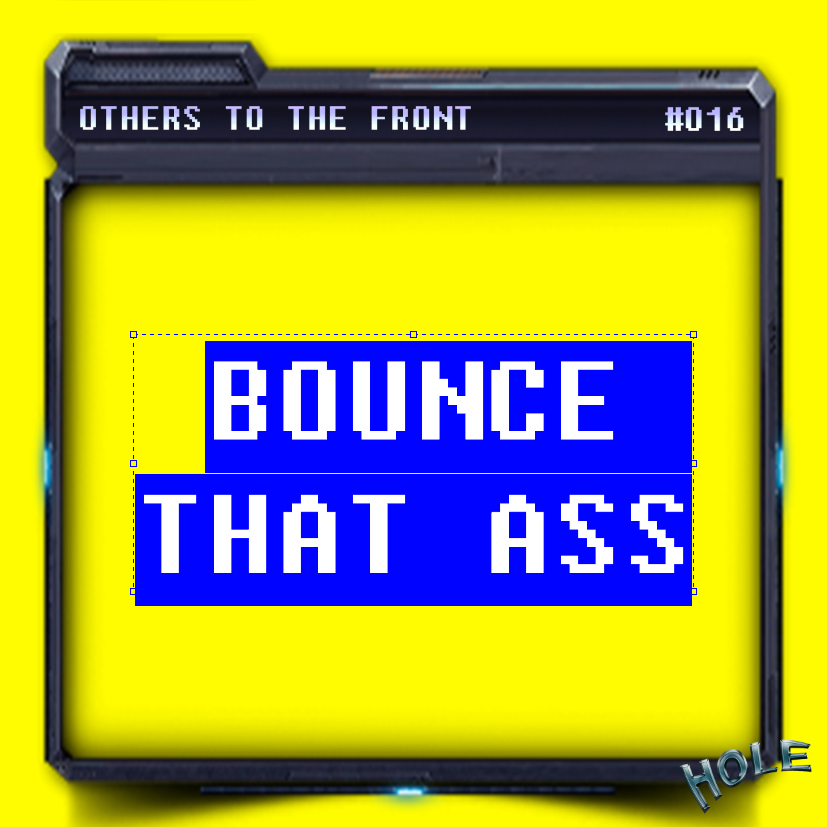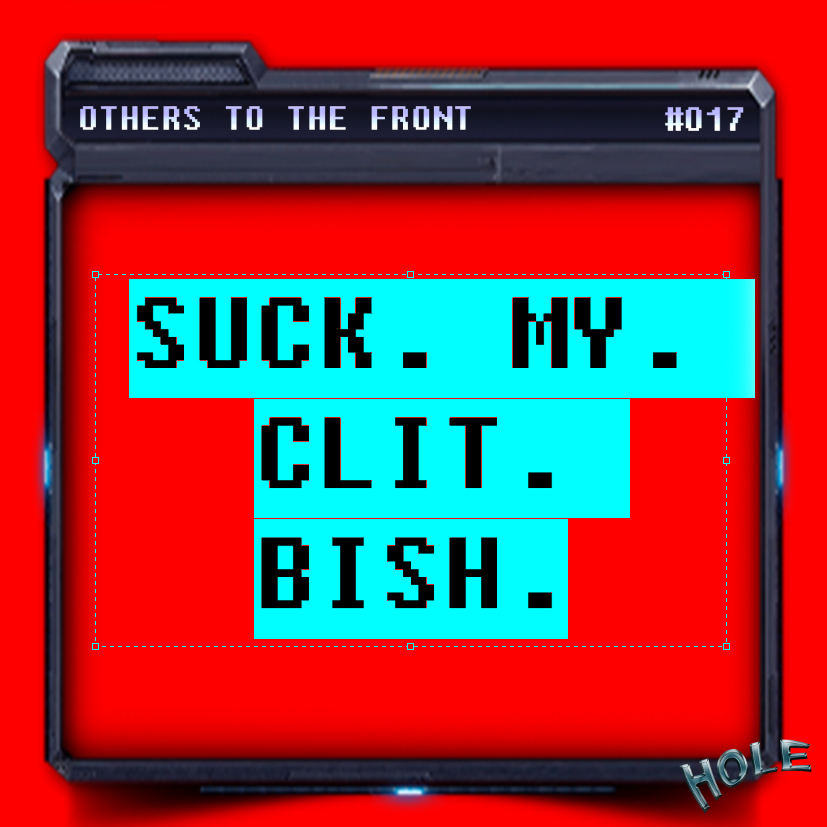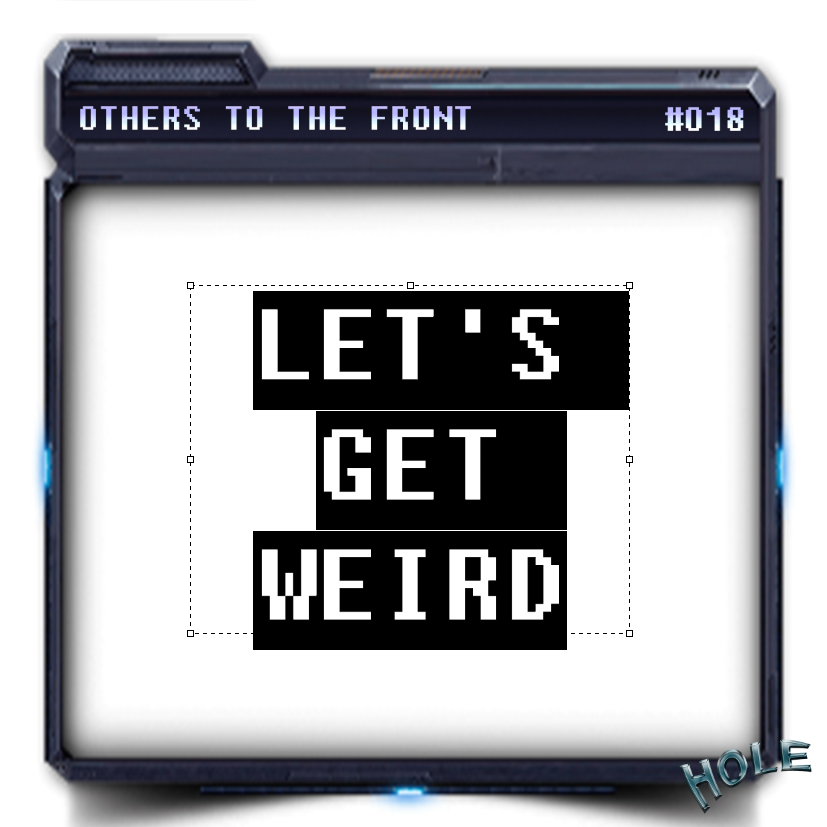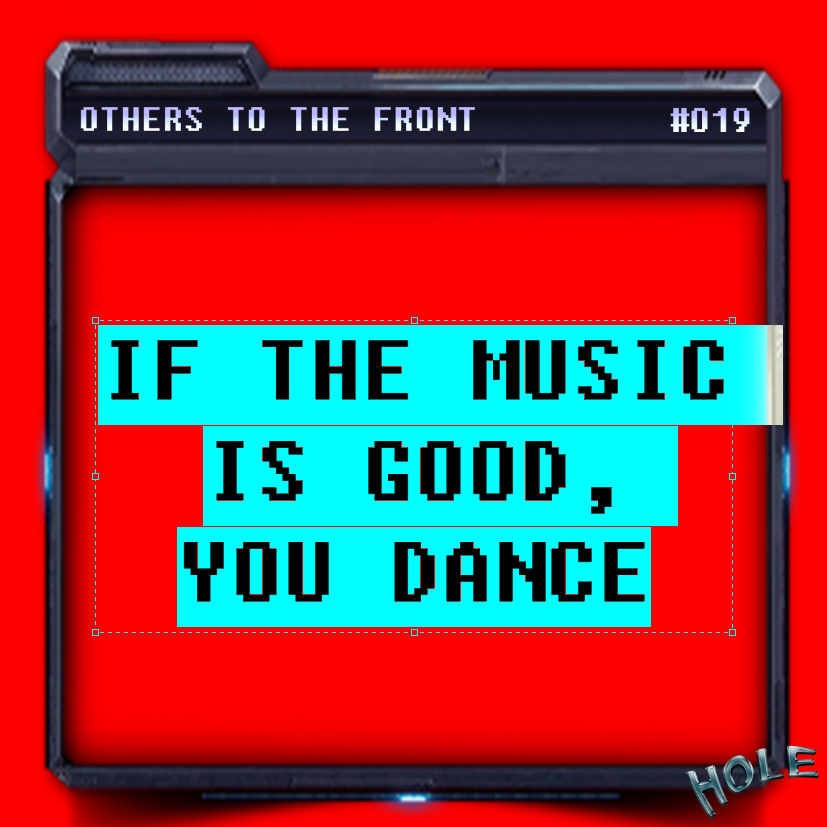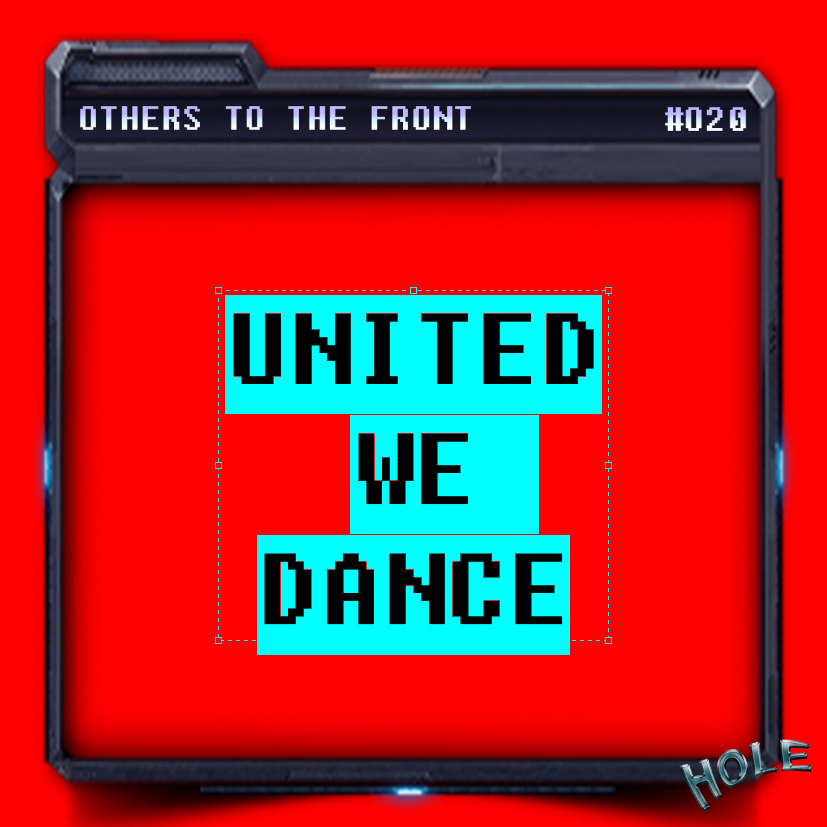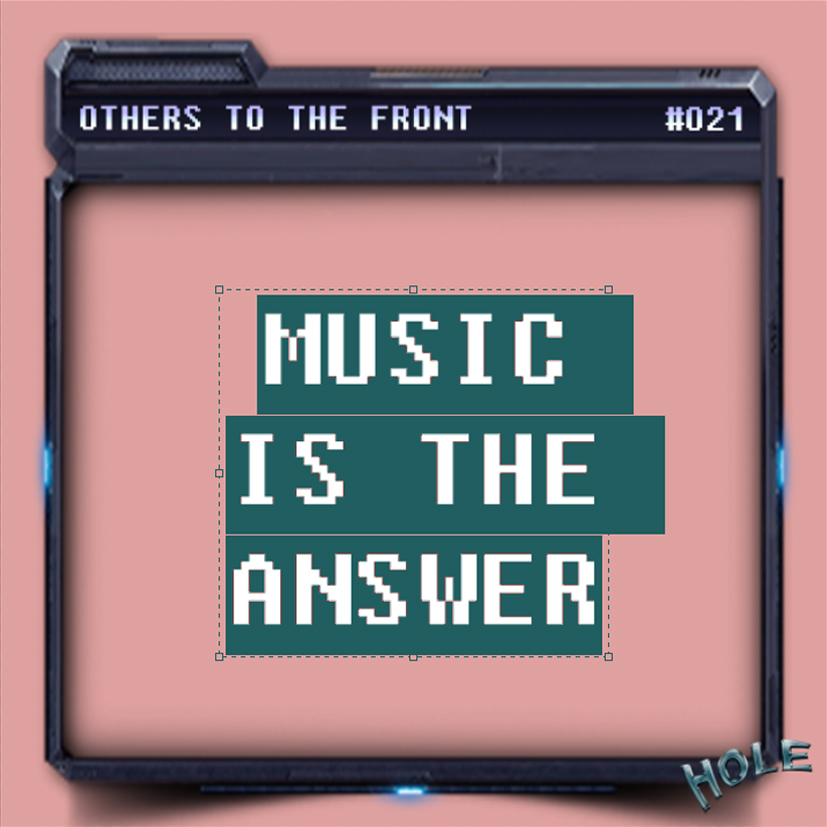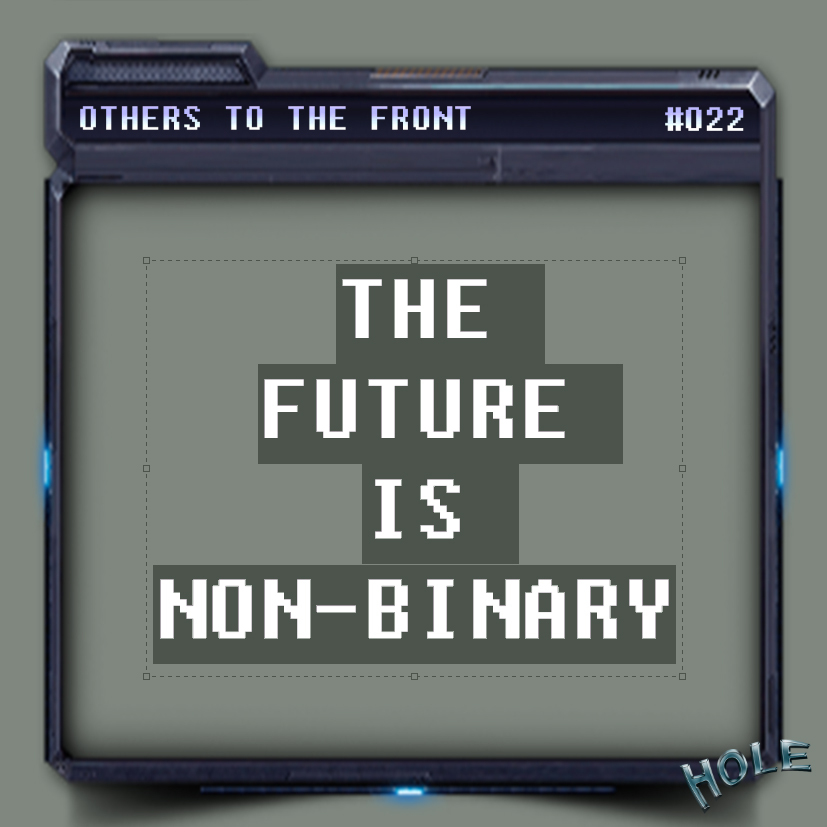«La música house tiene muchas formas y subgéneros diferentes. Cuando empecé a pinchar en los 90, había mucho Hard House, Handbag House, Progressive, Euro House y Euro trance en todos los clubes, muy influenciados por el Reino Unido y Europa (sobre todo por los holandeses), pero a mí me gustaba más el soul y los temas vocales, Pero Hard / Handbag House & Euro y Progressive House / Trance están teniendo un renacimiento en este momento y estoy disfrutando de este renacimiento, es muy nostálgico para mí y lo disfruto mucho más la segunda vez. Así que esta mezcla es un guiño a los sonidos de principios de los 90 y en gran medida el material que estoy jugando y amando en este momento. La mezcla se compone principalmente de temas originales de los 90, con un par de temas más recientes que son versiones o están influenciados por esos sonidos de los 90. La mezcla incluye temas de algunos de los sellos más sinónimos de esos géneros de la época, como Hooj choons, Armada, Blue Records, Limbo, Reflective Ltd, Fresh Fruit y Stress Records, así que es un verdadero homenaje y un reflejo de dónde está mi sonido ahora mismo.»
«House music comes in so many different forms and sub-genres. When I first started clubbing in the 90’s there was a lot of Hard House, Handbag House, Progressive, Euro House and Euro trance in all the clubs, which was very UK / Europe (particularly Dutch) influenced, but I was more into the more soulful and vocal stuff back then, which was more NYC and Chicago sounds and that’s what I was playing when I first started DJing – but Hard / Handbag House & Euro and Progressive House / Trance are having a renaissance right now and I’m revelling in this revival, it’s very nostalgic for me and enjoying it much more the second time around. So this mix is a nod to those early 90s sounds and very much the stuff I’m playing and loving at the moment. The mix is mostly made up from original 90’s tracks, with a couple more recent tracks that are either re-makes or influenced by those 90s sounds. The mix includes tracks from some of the most synonymous labels of those genres from that time, including Hooj choons, Armada, Blue Records, Limbo, Reflective Ltd, Fresh Fruit and Stress Records, so it’s a real homage and a reflection of where my sound is at right now.»
A Nod To The 90s
BY
Alias: Michelle Manetti
Pronouns: She / They
Location: Hackney Wick, London
Collective: Fèmmme Fraîche
Resident: Adonis
Labels: SuperDrama Records, Semi-Delicious, Clash Lion,
Polymath, Nervous, PRAH Recordings, Dissident, Untracked
Know more: soundcloud | instagram
01. njoi – Malfunction [RCA – 1991]
02. Moonoton – Edit #44 [Self Release – 2021]
03. Gee Dee – Losing My Feeling [Klasse Wrecks – 2023-06-02]
04. Der Dritte Raum – Klubraum [Harthouse – 2003]
05. Fatal Morgana – Massive Mellow [Colours / Armada – 1994]
06. A Jolly Good Fellow – Keep It Going (This Beat Kicks Ass Mix) [Blue Records / Armada – 1996]
07. Mankey – Flashback (Klubbheads Flashback Mix) [Blue Limited / Armada – 1997 re]
08. Madox – Hypnotic Funk [Mantra – 2004]
09. Tucan Discos – Unknown Rave [Self Released – 2022]
10. Gaskin – Everybody Jumpin [Self Released – 2022]
11. Klatsch! – Oh Boy! (Extended Mix) [Fresh Fruit Records – 1993]
12. Dance Like Yer Dad – Parma [Fire Island Records – 1995]
13. T.H.K. – So Big (Sequential One Remix) [Rough Technology – 1995]
14. Joy For Life – The Prime Mover (Grass Island Mix) [Stress Records – 1994]
15. DJ Jean – Tektonic [Clubbb Box / Armada – 2004]
16. Caspar Pound ft. Plavka – Fever Called Love (Quasimonotono Remix) [Vendetta Records – 1997]
17. Big Ang – Find a Groove [Reflective Ltd – 2004]
18. E-Motion – The Naughty North & The Sexy South (Naughty But Nice Mix) [MCA Records – 1996]
19. Code Blue – Feel It [Blue Records / Amrada 1998]
20. Moby – Feeling So Real (Old Skool Mix) [Mute – 1994]
21. Kadoc – You Ready [Zen Records – 1998]
22. M31 – Galactic (DeNiro Remix) [Limbo Records – 1998]
23. Perry & Rhodan – Voicebox [Rising High Records – 1993]
24. Trancelott aka Patrick Prins – The French Lawyer [Slate – 2000]










